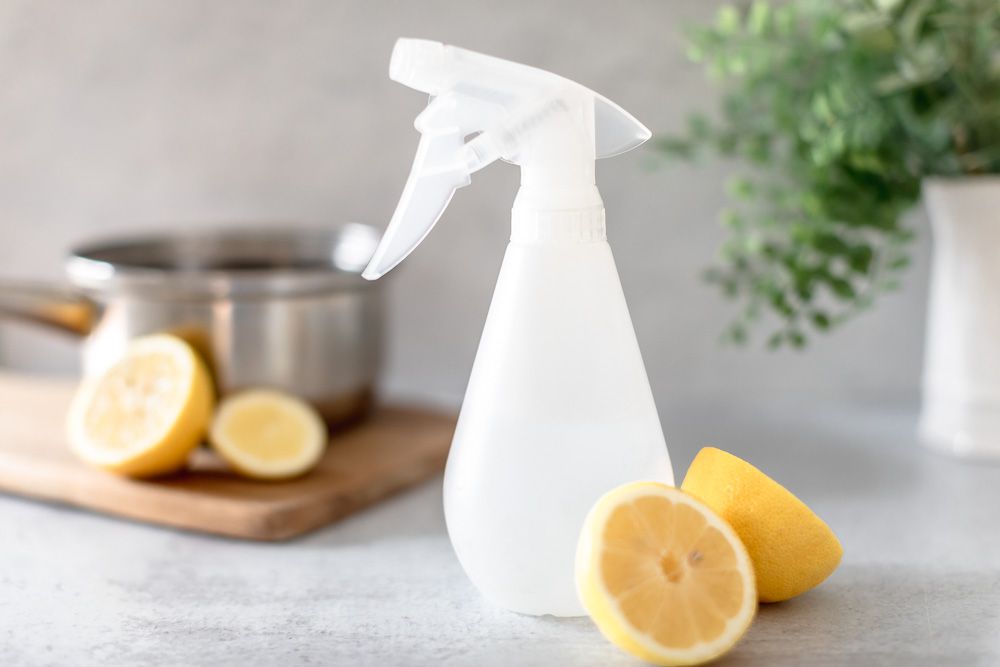Natural Remedies for Fleas on Cats and Dogs
Fleas are more than just a nuisance for pet owners; they can lead to serious health issues for both cats and dogs. These tiny parasites can cause itching, discomfort, and even severe allergic reactions in our beloved pets. According to the American Veterinary Medical Association, fleas can also transmit diseases and parasites, making it crucial to address infestations promptly.
Moreover, traditional chemical treatments often come with side effects that can be harmful to pets and humans alike. Fortunately, there are numerous natural remedies available that can help combat fleas effectively without the use of harsh chemicals. In this article, we’ll explore various natural methods to help free your furry friends from these pesky invaders.
Understanding the Concept
Fleas are small, wingless insects that feed on the blood of mammals and birds. They can reproduce rapidly, leading to infestations that can spread throughout your home. A single female flea can lay up to 50 eggs per day, making it essential to act quickly when you notice an infestation.
Statistics reveal the extent of the flea problem: the Centers for Disease Control and Prevention (CDC) states that fleas are responsible for transmitting diseases such as murine typhus and bartonellosis. Additionally, they can cause tapeworms in pets, which can affect human health as well.
Real-World Examples
Here are two real-life examples that highlight the effectiveness of natural remedies for flea control:
- Case Study 1: The Smith Family – The Smith family adopted a rescue dog, Max, who soon became infested with fleas. After trying various chemical treatments with little success and a lot of stress for Max, they opted for a natural approach. They began using a mixture of apple cider vinegar and water as a spray on Max’s coat. Within a week, they noticed a significant decrease in flea activity and Max’s scratching diminished considerably.
- Case Study 2: Sarah’s Cats – Sarah owns three cats, all of whom were suffering from flea infestations. After researching natural remedies, she decided to create a flea-repelling essential oil blend using lavender and cedarwood oils. She diluted the oils and applied them to her cats’ collars. Within days, the flea population was significantly reduced, and her cats seemed much more comfortable.
Benefits and Challenges
Using natural remedies for flea control comes with its own set of advantages and disadvantages. Here’s a breakdown:
- Benefits:
- Safe for Pets and Humans: Natural remedies are generally non-toxic, making them safer for both pets and their owners.
- Cost-Effective: Many natural remedies can be made at home with ingredients you likely already have.
- Environmentally Friendly: Natural solutions are less likely to harm your garden or local wildlife.
- Challenges:
- Effectiveness Varies: Not all natural remedies work for every pet or situation.
- Time-Consuming: Natural methods often require regular application and monitoring.
- Potential Allergic Reactions: Some pets may be sensitive to certain natural ingredients, so it’s essential to test any remedy before widespread use.
Expert Opinions & References
Veterinarians often recommend a balanced approach to flea control. Dr. Jennifer Coates, a veterinarian and pet care expert, emphasizes the importance of combining different methods for maximum effectiveness. In her article for PetMD, she suggests using a mix of natural treatments and, if necessary, integrating veterinary-approved products.
For more information on flea control, you can refer to the Humane Society, which provides guidelines on humane and effective flea control methods.
FAQs
1. What are some effective natural remedies for fleas on pets?
Some popular natural remedies include:
- Apple Cider Vinegar: Mix equal parts vinegar and water in a spray bottle and apply it to your pet’s coat.
- Essential Oils: Oils like lavender, cedarwood, and peppermint can repel fleas. Ensure they are safe for pets before use.
- Diatomaceous Earth: Food-grade diatomaceous earth can be sprinkled on your pet’s bedding and carpets to kill fleas.
2. How often should I apply natural remedies for fleas?
Natural remedies may need to be applied more frequently than chemical treatments. It’s generally recommended to reapply every few days, especially after bathing your pet or in cases of heavy infestations.
3. Are natural remedies safe for puppies and kittens?
While many natural remedies are safe for adult pets, puppies and kittens are more sensitive. Always consult your veterinarian before applying any treatment to young pets.
4. How can I prevent fleas from returning?
Prevention is key to avoiding future infestations. Regularly vacuum your home, wash your pet’s bedding, and consider using natural repellents during flea season. Additionally, treating your yard and surrounding areas can help keep fleas at bay.
Flea infestations can be distressing for pets and their owners, but natural remedies provide a safe and effective way to manage the issue. By understanding how fleas operate and utilizing home remedies like apple cider vinegar and essential oils, you can help your furry friends live a more comfortable life. Remember, always consult your veterinarian before starting any new treatment, and consider combining natural remedies with traditional methods for the best results. Taking proactive steps in your home and yard can ensure a flea-free environment for your pets.
